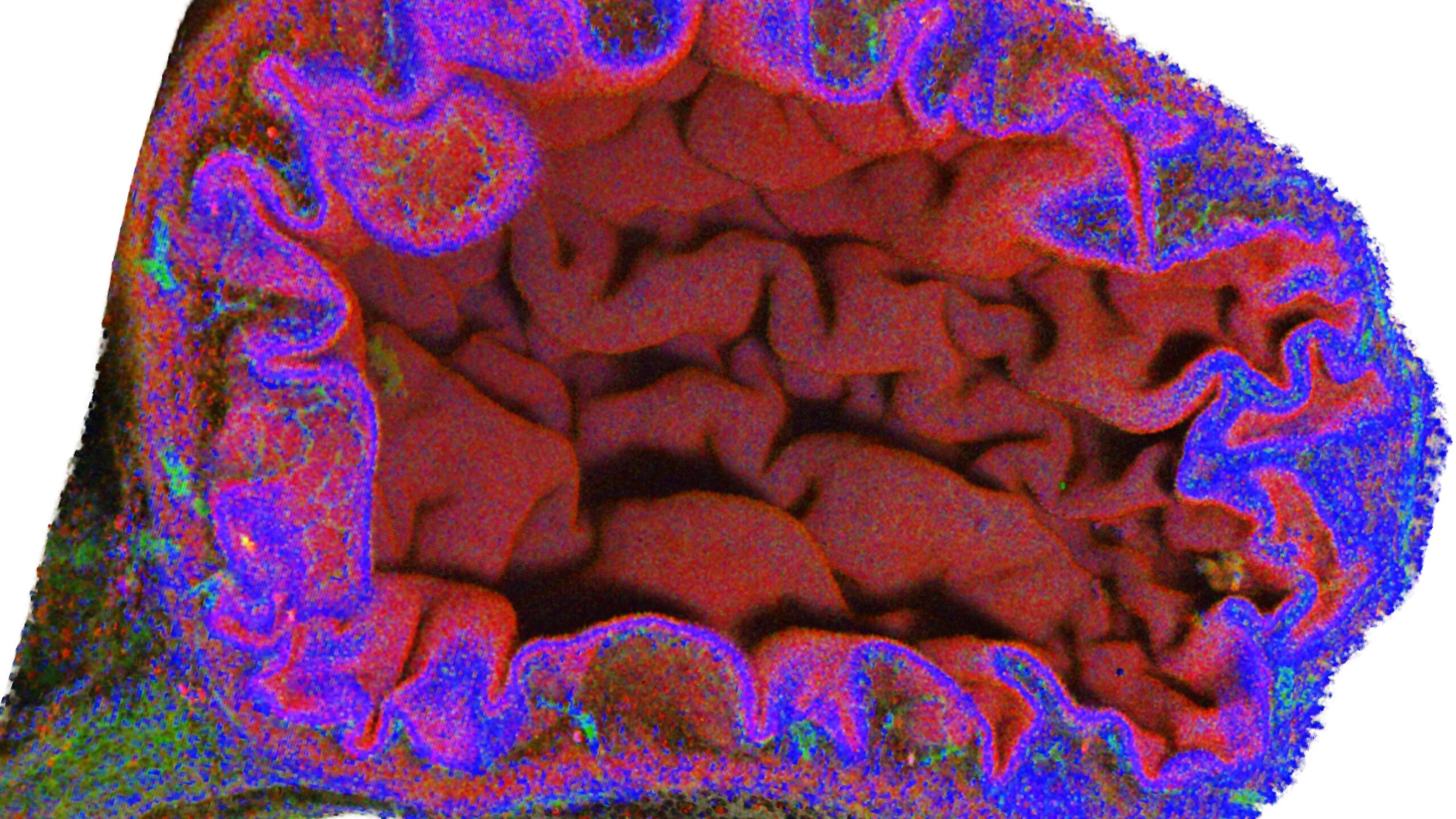Investigating the role of neutrophils in tumour progression, microenvironment dynamics and metastatic spread
Application deadline: 5th of November, 2025
Project background and description
Our laboratory focuses on how cancer affects whole-body physiology, with a particular emphasis on the cardiovascular, haematopoietic, and immune systems. Cancer is a highly complex disease, and tumour progression requires the concerted action (and inaction) of many physiological systems. To survive, tumours co-opt, modulate, and alter many different biological processes, both locally in the tumour microenvironmental ecosystem and broadly in the whole organism, the “macroenvironment” of cancer. In doing so, cancer affects normal physiology in ways that are detrimental to the welfare of (and that often result in fatal outcomes for) cancer patients.
Cancer-elicited changes to the host macroenvironment can, in turn, significantly impact the tumour microenvironment (TME), which is a complex ecosystem where immune cells, cancer cells, and stromal components interact to shape tumour progression and therapeutic outcomes. Among the immune players, neutrophils have emerged as critical regulators of tumour progression [1] and exhibit heterogeneous functional states that are context-dependent and regulated by tumour- or stromal-derived signals. Neutrophils are affected systemically by tumours altering haematopoietic stem and progenitor cells [2], but also locally within the TME [3]. We have recently uncovered that neutrophils can, through the formation of neutrophil extracellular traps (NETs) in the tumour vasculature, cause primary tumour necrosis, profoundly altering the architecture of the TME and enhancing metastatic spread.
This project will investigate how neutrophils interact with other cells within the tumour microenvironment (TME) and in distant tissues, examining how these interactions shape neutrophil behaviour, influence tumour progression, facilitate metastatic spread, and ultimately affect therapeutic outcomes.
Candidate background
This project would suit candidates with a background in cancer biology, immunology or biochemistry. The project can be tailored to the interests and background of the student, and we are particularly looking for candidates with a passion for cancer biology and cancer immunology, with the enthusiasm to learn and apply a diverse range modern technical approaches. By the end of the project, the student will have been trained in a broad range of state-of-the-art techniques and will have addressed fundamental unanswered questions regarding the role of neutrophils and other immune cells in cancer progression and cancer therapeutic response.



